Suicide is no joking matter in this age of social media
Although many students use memes as a coping mechanism, it is best to confront problems by speaking with a counselor or loved one.
Photo by Gigi Downey
Leah Carranza (10) encourages students to seek help and talk to their guidance counselor.
February 20, 2019
In recent years, jokes about serious issues revolving around suicidal thoughts and clinical depression have arisen on social media in the form of memes. The origin of this internet subculture is partly due to the nihilistic outlook on life, the state of the world and humanity. As the young age groups of the Gen Z’s often follow after the example set by the previous generation online, they have been exposed to harsh topics from a young age. Memes created by stressed millenials are then taken in by the younger generation and the idea of an imperfect and difficult world is normalized before they can understand it.
These memes have strangely created an outlet for teens to express irritations and outrage at everyday life. Sometimes this manner of coping helps to put people’s own confusing thoughts into perspective and takes the stress off by realizing that they are not alone in their problems. However, in the end, this solace is only temporary in helping ignore the issue at hand and doesn’t solve it.
There is a stigma around seeking help where others think that if you do get help, it means you’re weak, but it actually proves your strength to admit that there is a problem and do what many others won’t: talk about it and seek help.
“Society nowadays has a negative stigma around seeing therapists, but I think more people should see therapists, as it is helpful in understanding more about themselves. These memes going around aren’t helpful for them or others,” Shannen Charlton (12) said.
It’s important to try to understand your thoughts, but it’s easiest when discussing them with another party. Talking with close friends or a trusted adult, such as a teacher, is a good step in the right direction. However, even these people cannot help with everything; if more help is needed, a professional or a counselor should be sought out. There is a stigma around seeking help where others think that if you do get help, it means you’re weak, but it actually proves your strength to admit that there is a problem and do what many others won’t: talk about it and seek help. If ever in need, call the National Suicide Prevention Hotline 1-800-273-8255 or talk to a counselor.

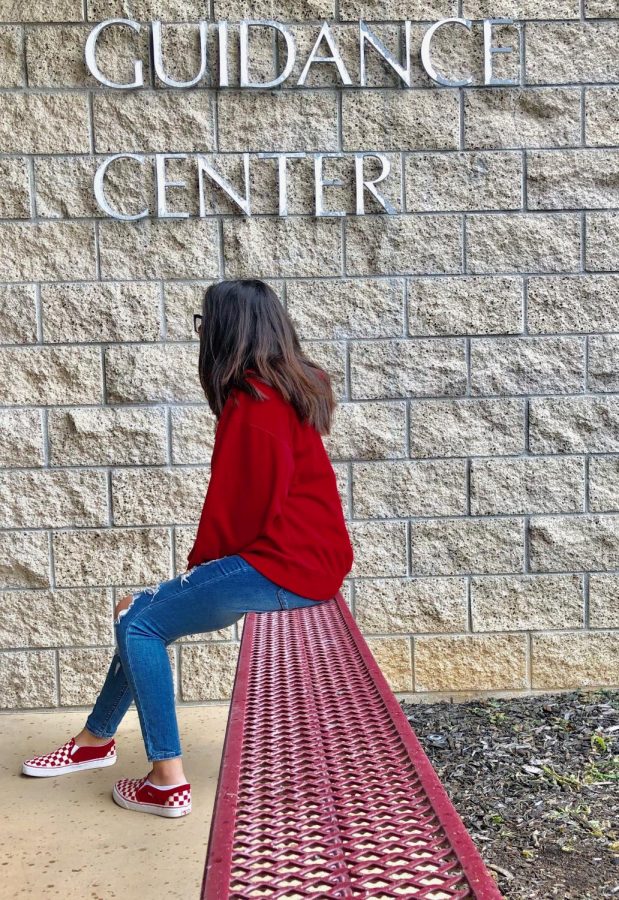
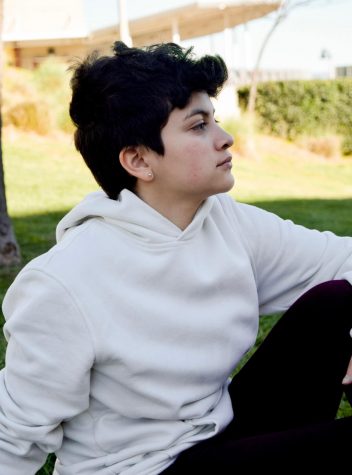


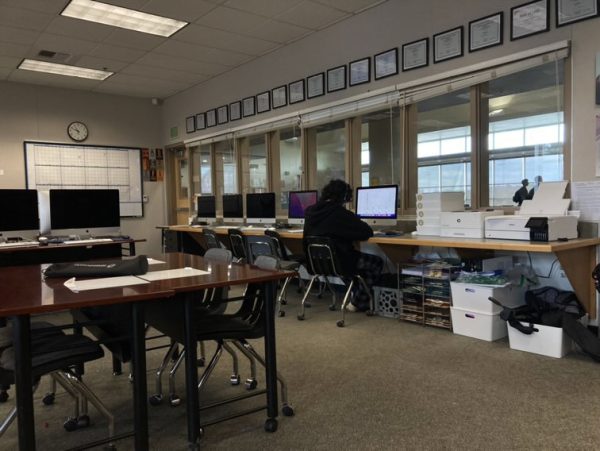

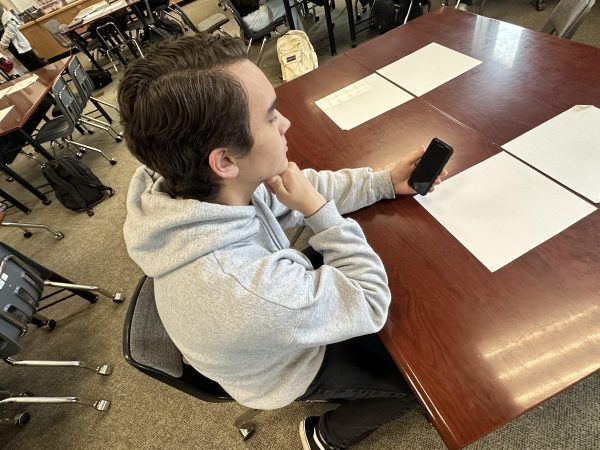


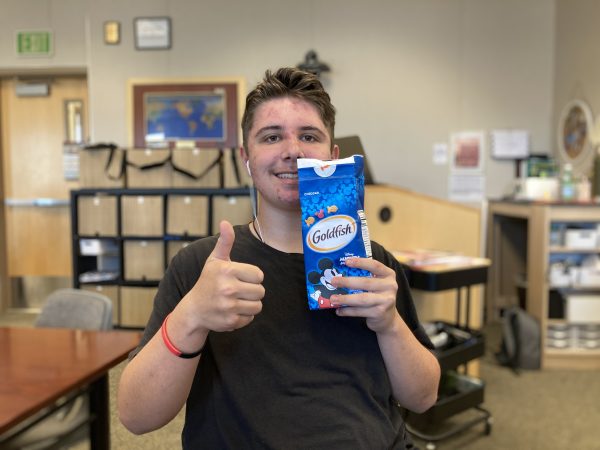

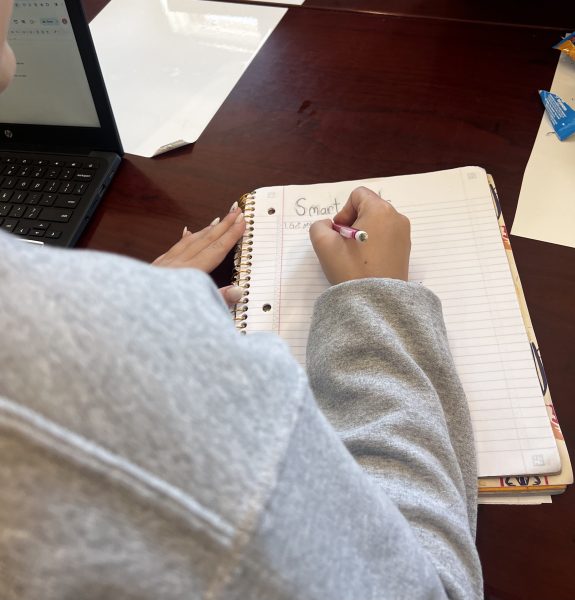
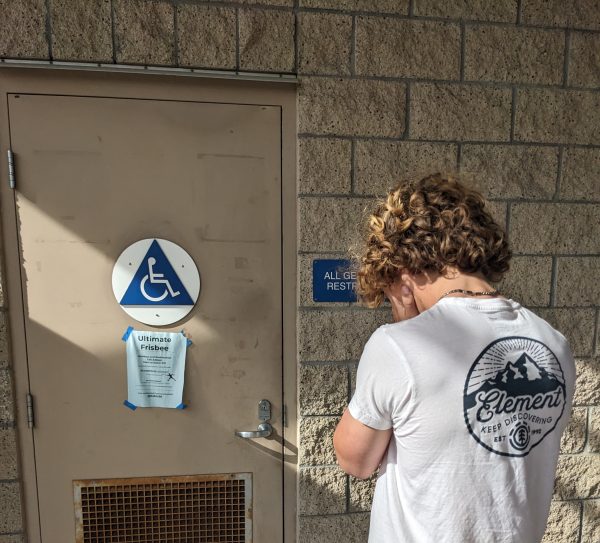
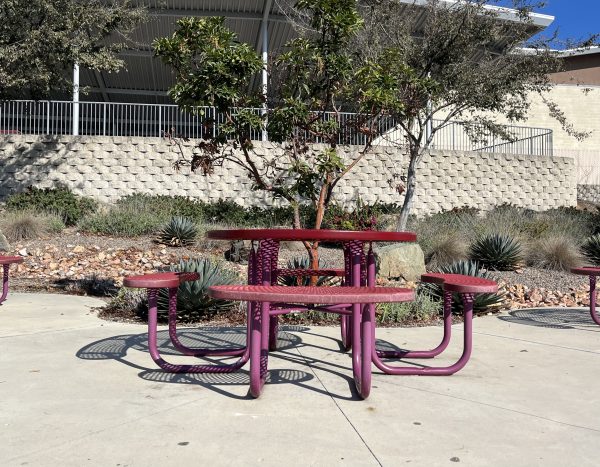

Dominic G. • Mar 5, 2019 at 11:52 am
Very interesting article, but aren’t memes just memes? I think we should only take these seriously if we know without a doubt that the person is suicidal. Let dark humor be dark humor. That’s just my opinion though.
Andrew James Boyer II • Mar 4, 2019 at 8:26 am
love how your article was not biased and how you never said I believe but instead you used facts about this serious topic.